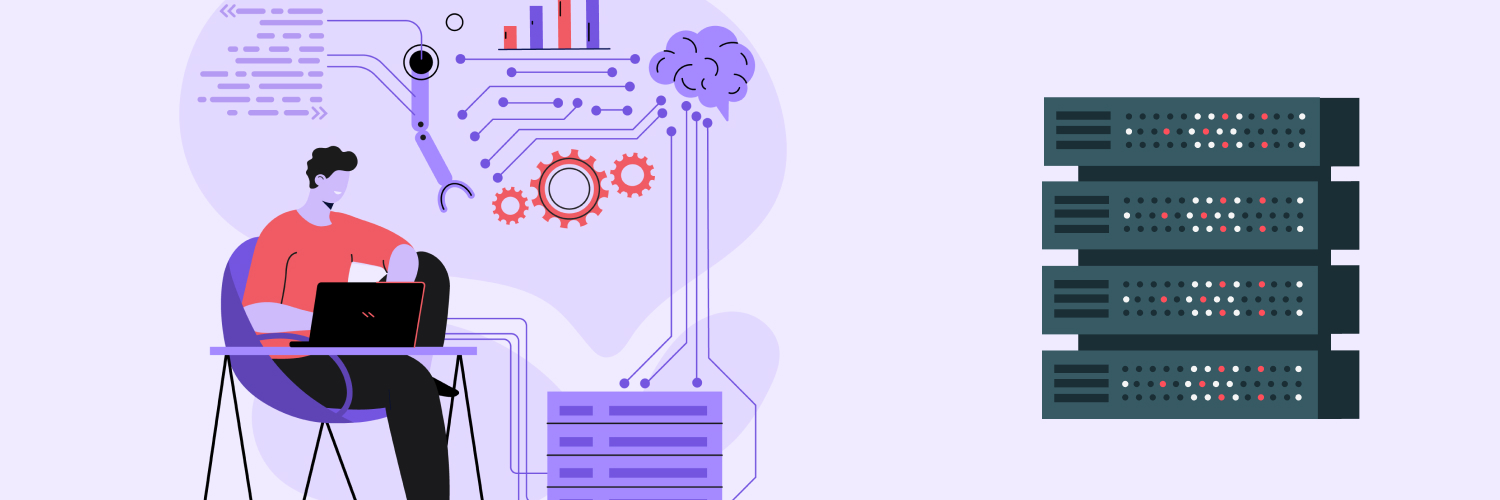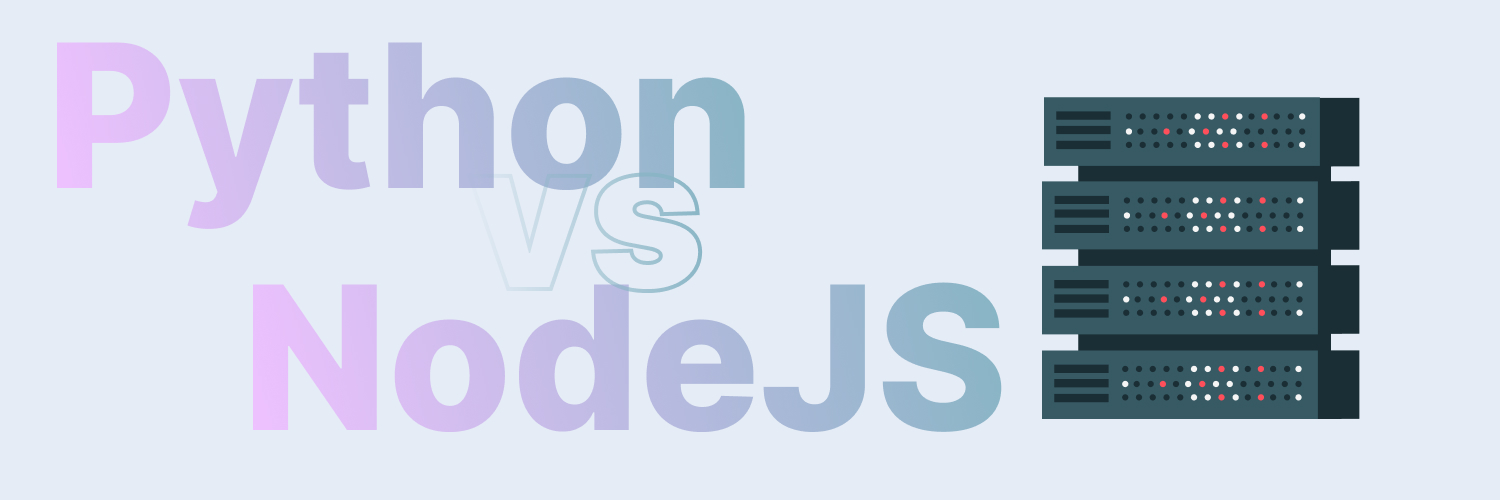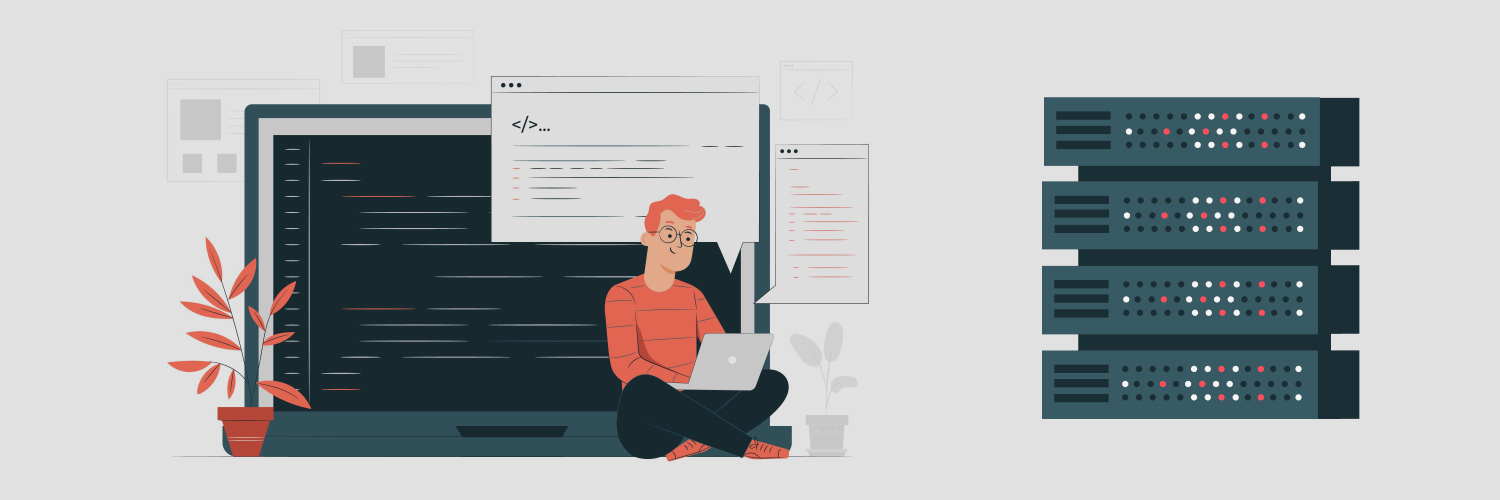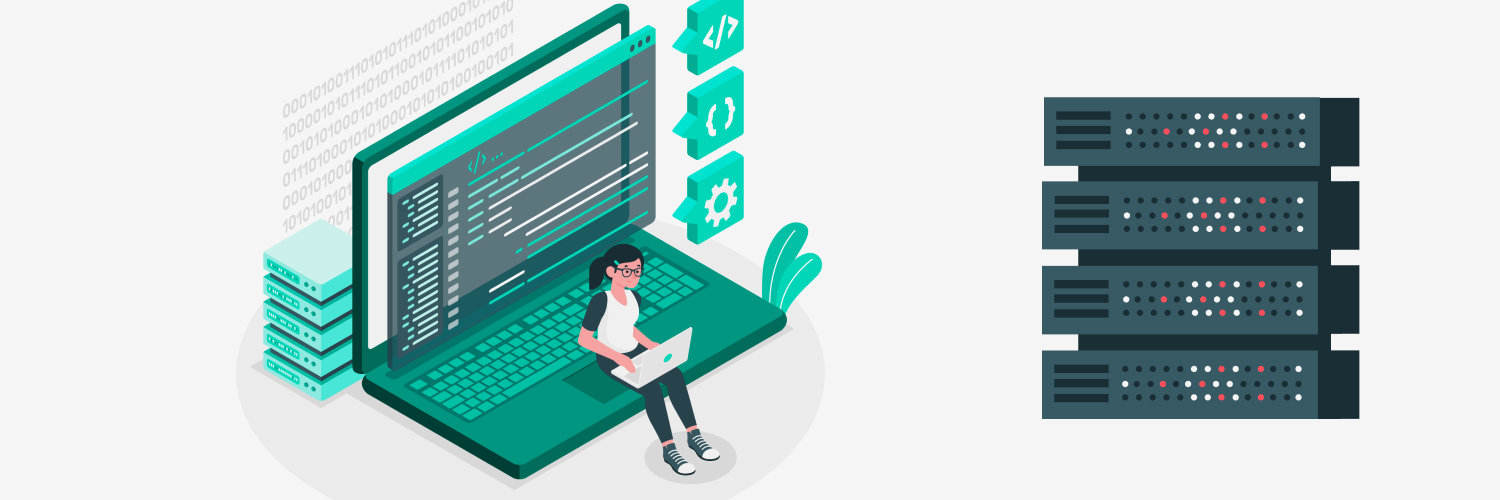The Five Best Languages for Web Scraping and Why They Rock
Web scraping is one of the best tools you can use to collect data from other websites. You can use someone else’s web scraping program, or you can write a customized tool for your business. Either way, you can use the program to quickly visit web pages and collect the data you need to perform enterprise-level analysis.
If you want to write your own, the first step is to choose a programming language. Here’s what you need to know when selecting the best language for web scraping, the five most prominent web scraping languages, and how to make the most of your program.
How to Choose the Best Language for Web Scraping Projects Like Yours

There’s no one web scraping best language. There are hundreds of internet programming languages that can be used to build web scrapers. They all have their benefits and drawbacks. Just like when you’re trying to choose the best website coding language, you need to choose based on your project’s parameters.
A great way to get started is to ask yourself a few simple questions:
- How well does my programming team understand the language?
- What languages does my company already use?
- Do I want to prioritize flexibility, scalability, or ease of maintenance?
- Do I want to build something from scratch or use third-party libraries?
Once you’ve answered these questions, you can make an informed choice. Understanding programming language for websites or web scraping, as well as your needs, is the best way to make sure you choose the best language for your projects.
The Five Web Scraping Best Languages

Web scraping can be performed with programs written in all kinds of languages. Still, some are definitely better than others at the task. The following five languages are the most commonly used in web scraping. Here’s what you need to know about each language, why they’re used, and when to consider them.
1. Python
Features:
- Advanced web scraping libraries
- Massive user base
- General-purpose structure
Drawbacks:
- Potentially overwhelming
Python is considered one of the best programming languages for websites in the world. It’s a general-use language, which means it’s not specialized for any one specific purpose. That means that Python isn’t the best website coding language, but it’s great for building applications and tools like web scrapers.
Because Python is so popular, it’s easy to find people who can write programs with it. If you already have a programming team on staff, it’s likely that you already have someone familiar with Python. You won’t need to struggle to find someone to update your web scraper in the future, either.
Best of all, Python already has in-depth applications and web scraping libraries that you can use. You don’t need to write your program from scratch. The only downside is that Python may offer too many options. Unless you have a specific reason to avoid it, Python is pretty much a perfect web scraping language.
2. Ruby
Features:
- General-purpose language
- Easy HTML CSS selector search
- Easy to learn
- Open-source
Drawbacks:
- No company support
- Slower than alternatives
After Python comes Ruby. This open-source programming language is both easy to learn and easy to use. Since it’s open-source, anyone can use it for free. It’s quick and easy to implement, which is great if you’re in a hurry.
Ruby actually consists of several other languages combined, including Perl, Smalltalk, and Eiffel. The combination of languages allows Ruby to balance functional programming and imperative programming. Basically, Ruby can do a lot of things without taking a lot of code. Ruby even supports multi-threading, so you can make the most of your servers.
Ruby has two downsides. First, since the language is open-source, it’s not as complicated as some alternatives. That’s great for some applications, but it can cause problems if you need an in-depth solution. Second, Ruby can be slower than some other programs. You’ll still get your web scraping done, but it may not be quite as speedy as Python or C++.
3. Node.js
Features:
- Computers can run multiple instances of Node.js on different cores
- Effective API implementation
- Built-in libraries
Drawbacks:
- Single-core structure is insufficient for large-scale web scraping
- Less stable than alternatives
Node.js is a relatively new language that’s great for running streaming programs. Anything that needs to be done live is the perfect use case for this language. For example, if you want to perform live web scraping, you can use Node.js to make it happen.
If you have APIs you want to use with your web scraper, Node.JS is an excellent option. It’s built to handle both API and socket-based activities. It even has a built-in library to handle tasks like crawling websites and extracting data.
The biggest problem with Node.js is its single-core structure. Suppose you need to do some heavy-duty data collection. In that case, a Node.JS program may not have the horsepower to handle it quickly. Still, if you want something lightweight and flexible for simple web scraping, Node.js may be the right choice.
4. C or C++
Features:
- Massive user base
- Easy to learn
- Easy to parallelize scrapers
Drawbacks:
- Not dynamic
- Costly to run
C and its offspring, C++, are another set of incredibly well-known languages. It’s one of the most flexible languages globally, capable of running systems of almost any size and scope. You can easily parallelize your C or C++ web crawler and scraper to run multiple scrapes in tandem. With programs like libcurl, you can make your C++ web scraping program do everything you could possibly want to accomplish.
Still, it’s not the best choice for web scraping if you don’t already use C++ for other systems. That’s because C++ can be time-consuming to learn and expensive to implement. It may not be the right solution if you don’t already have C and C++ experts on staff.
5. PHP
Features:
- Prominent coding language
- Fast
Drawbacks:
- Complicated to implement
- May be overkill
Finally, the last language that’s used for web scrapers is PHP. It’s another one of the famous internet coding languages. Still, it’s not always put to its best use in web scraping. Why? Because web scraping is not at all the use case it was designed to accomplish.
PHP is a complicated, open-source language that’s great for website development and embedding things into HTML. It’s among the best programming languages for websites, but that means it’s not easily converted into active use cases like web scraping.
On the other hand, if you have a team familiar with PHP and little else, you can still accomplish a lot with this language. Similarly, if you’re planning on scraping websites written in PHP, scraping them with PHP can have some excellent synergies. Essentially, PHP is probably not a great first choice for a web scraping program, but it does have its uses.
Pair Web Scraping Language with Proxies for Better Results

The language you choose to use for your web scraper is just half the battle. Regardless of how you choose to program the scraper, you should pair it with essential support tools like proxies.
A proxy helps you perform more efficient scraping no matter what language it’s written in. How? By allowing you to actually use your scraper.
Many websites will block your IP address if they detect you’re using any kind of web scraping program. These sites have security measures intended to stop hackers and malicious bots that try to steal information. If they block your company’s IP address, you can’t complete your research. You may not even be able to access the site, period.
Proxies allow you to avoid that. They shield your business’s IP address and keep your web scraper online. If a site does block you, it will only block the proxy IP, and your actual IP address remains safe. You can easily swap to a new proxy and keep your web scraper up and running.
The most effective proxies for web scraping
If you’re searching for the best language for web scraping, you obviously care about quality. That’s why you should use rotating residential proxies to protect your scraper.
A rotating residential proxy provider like Rayobyte offers high-quality residential proxies that look like real human internet users. The provider automatically swaps out the proxy you’re using regularly, so no one proxy is ever used for too long on the same site. That lowers the risk of any individual proxy getting blocked and keeps your research safe.
You can also use data center proxies and rotate them yourself if you need many proxy IPs. Data center proxies are less costly, so you can use more of them. If any one gets blocked, you still have plenty of others to swap in and keep your program running.
Write Your Web Scraping Program the Right Way

If you’re ready to write a web scraping program, you have plenty of options. Whether you want a lightweight Node.js program, a flexible Python solution, or a heavy-duty C++ system, your choice depends on what you need. As long as you support your web scraper with the right proxies, any language can get you the results you want.
The information contained within this article, including information posted by official staff, guest-submitted material, message board postings, or other third-party material is presented solely for the purposes of education and furtherance of the knowledge of the reader. All trademarks used in this publication are hereby acknowledged as the property of their respective owners.





